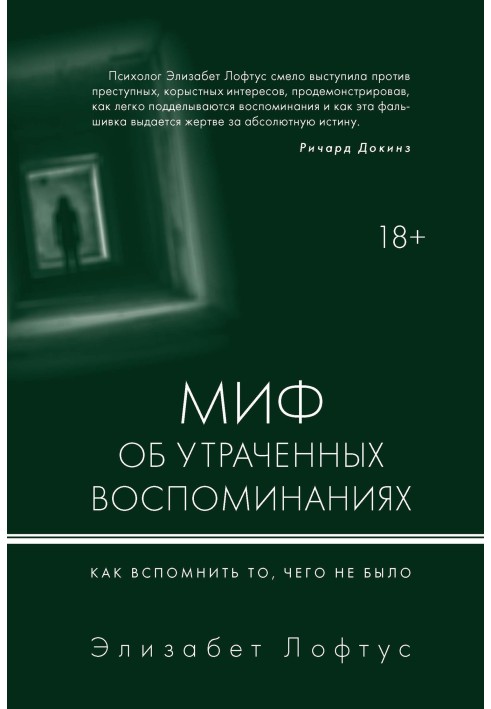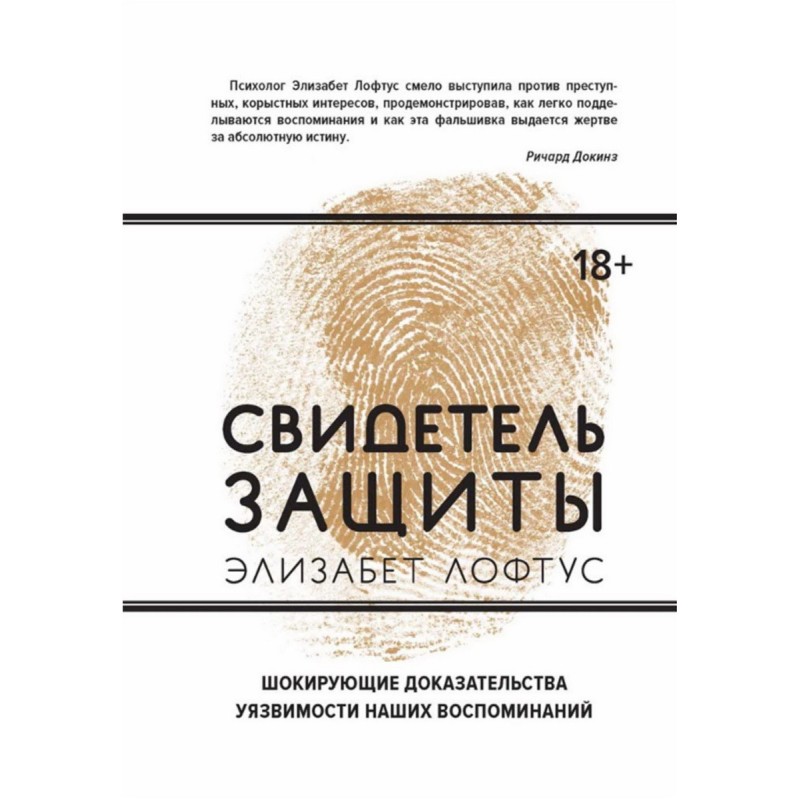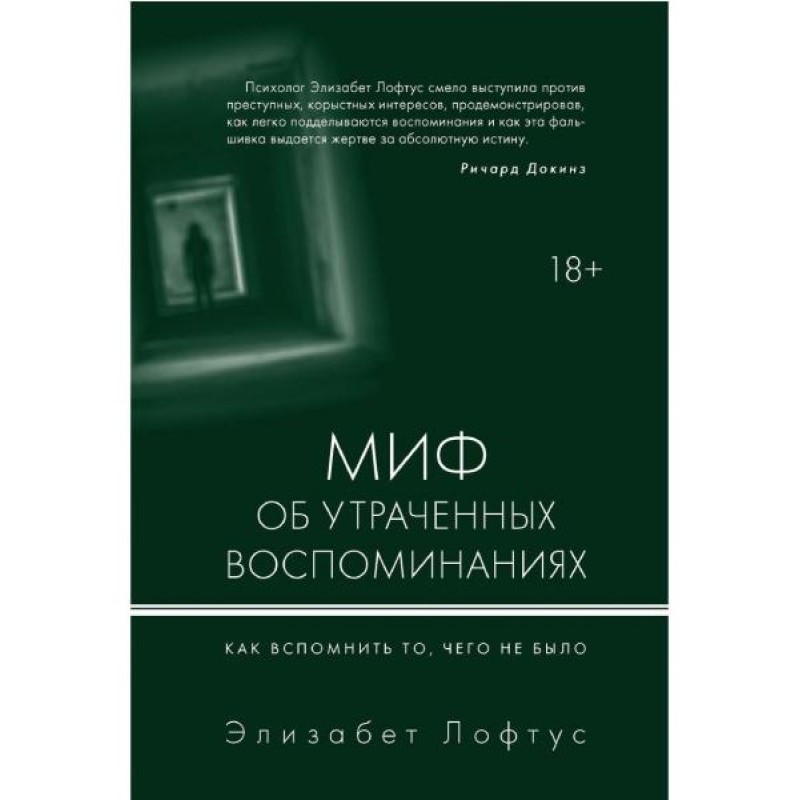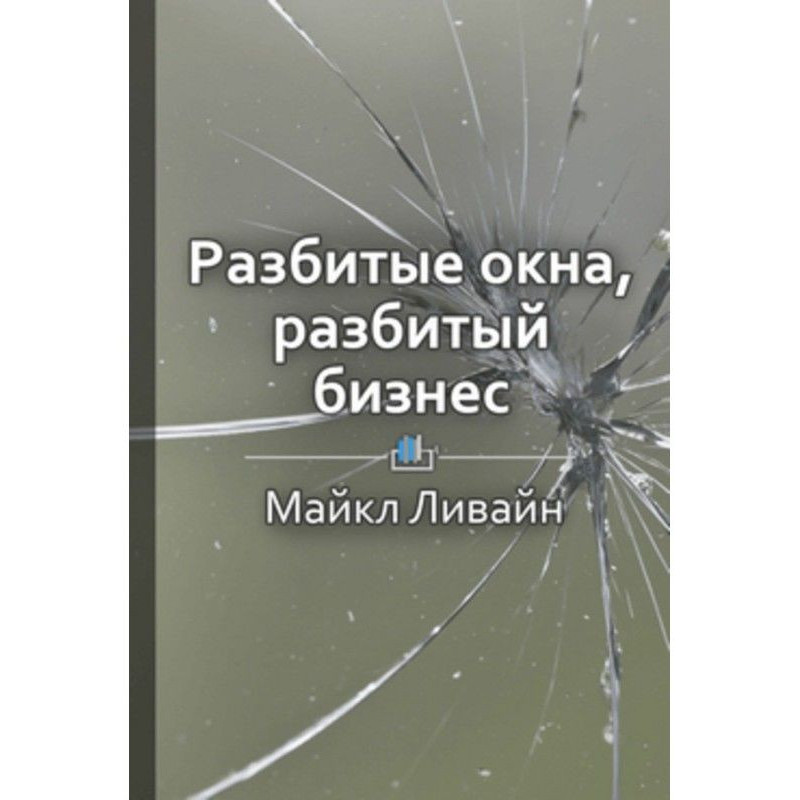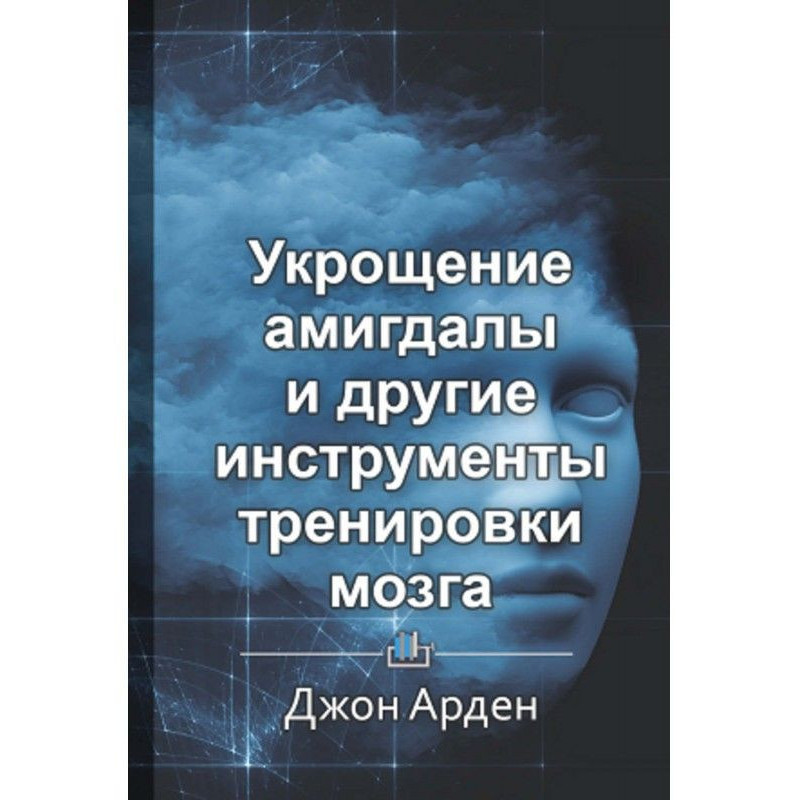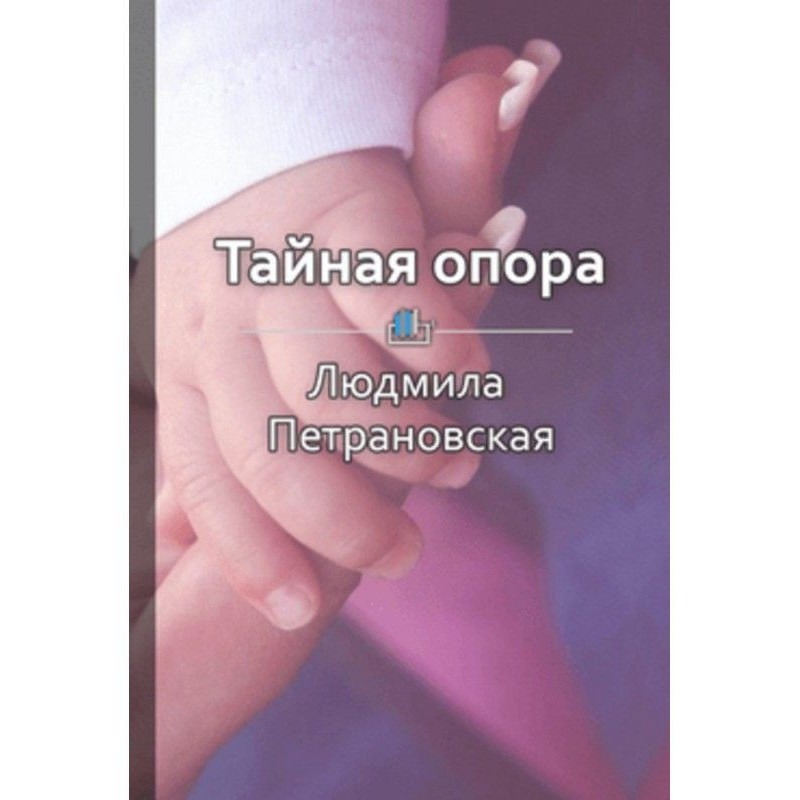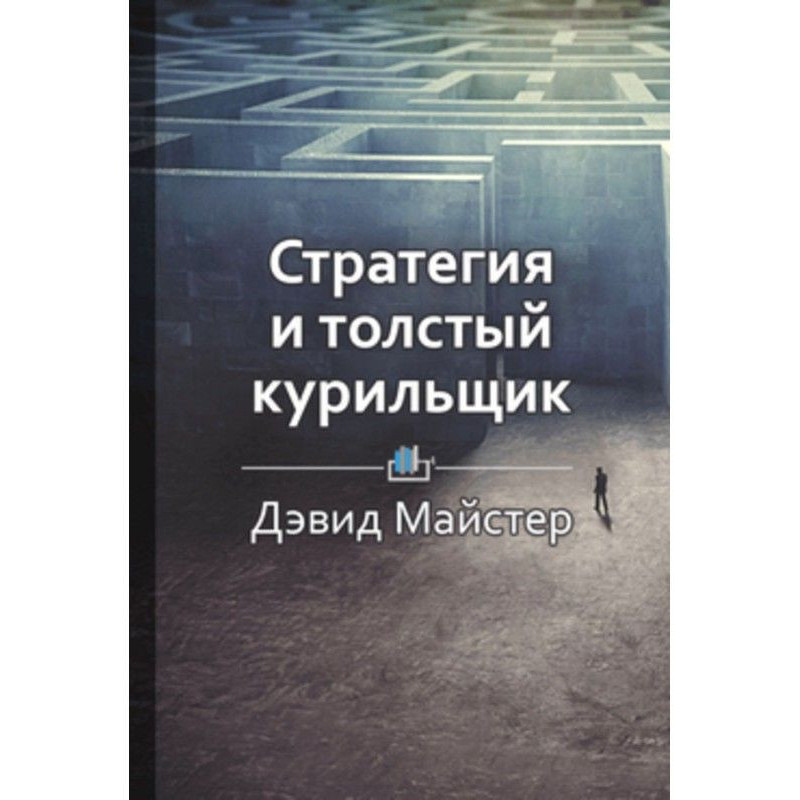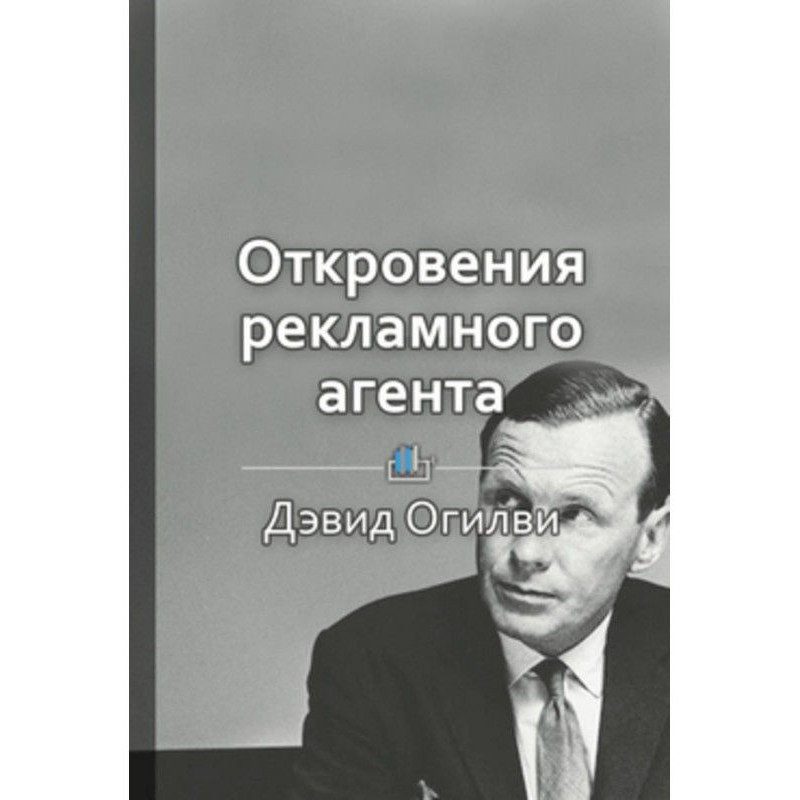The Myth of Lost Memories. How to remember something that never happened
 Instant download
Instant download
after payment (24/7)
 Wide range of formats
Wide range of formats
(for all gadgets)
 Full book
Full book
(including for Apple and Android)
“When a person experiences something terrible, his mind is able to completely bury the memory of it in the depths of the subconscious - so deep that it can only return in the form of a kind of flash, a “flashback”, provoked by a visual image, smell or sound.” On this idea, American psychotherapists and lawyers have built an entire industry of treatment and legal defense of people who claim that they have suddenly “recovered” memories of the most horrific things, from childhood abuse to murder. Psychology professor Elizabeth Loftus, one of the most influential modern researchers who has made enormous contributions to understanding the reconstructive nature of human memory, does not deny the problem of domestic violence and empathizes with victims, but still rejects the idea of "repressed" memories. According to Loftus, there is absolutely no scientific evidence that memories of trauma are systematically banished into the subconscious and then restored unchanged years later. At the same time, experimental data obtained from Dr. Loftus’s own research clearly show that any fantastic pictures can simply be implanted into a person’s memory. “I study memory, and I am a skeptic. But what this book tells us is far more important than my carefully controlled scientific research or any private debate I may have with those who fiercely cling to the belief in memory repression. The drama unfolding before our eyes is based on the deepest mechanisms of the human psyche - its roots go to where reality exists in the form of symbols, where images, under the influence of lived experience and emotions, turn into memories, where any interpretation is possible.” (Elizabeth Loftus)
Data sheet
- Name of the Author
- Кэтрин Кетчем
Элизабет Лофтус - Language
- Russian
- Translator
- Ирина В. Никитина
Reviews
Вражаюче дослідження пам'яті та її механізмів
Книга "Міф про втрачені спогади" є справжнім відкриттям для всіх, хто цікавиться психологією, пам'яттю та механізмами, які стоять за нашими спогадами. Професор Елізабет Лофтус, з її глибоким дослідженням теми, пропонує читачам не лише наукові факти, але й емоційний контекст, який допомагає зрозуміти, чому ми пам'ятаємо одні речі, а інші забуваємо. Її аргументи проти концепції "пригнічених" спогадів підкріплені численними дослідженнями, що робить цю книгу важливою не лише для фахівців, але й для широкої аудиторії. Лофтус вміло поєднує науку з людською емоційністю, що робить її висновки ще більш переконливими. Читання цієї книги змусило мене переосмислити свої власні спогади та те, як вони формуються. Рекомендую всім, хто прагне глибше зрозуміти природу пам'яті та її вплив на наше життя!

